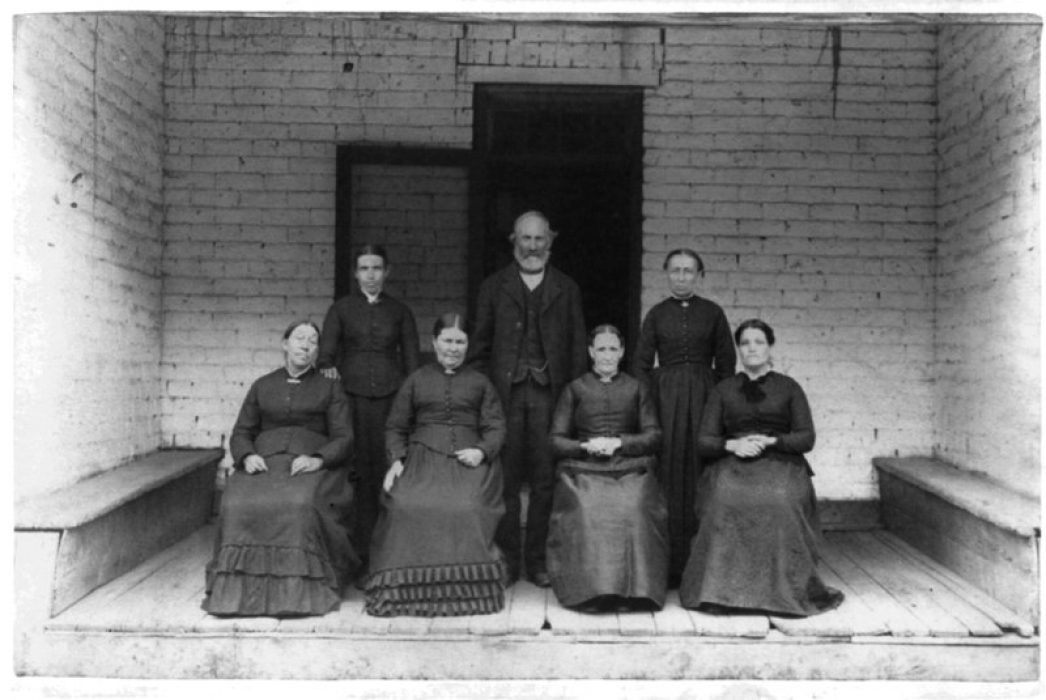In Late Corporation of the Church of Jesus Christ of Latter-day Saints v. United States, 136 U.S. 1 (1890), the Supreme Court extended its pronouncements against polygamy in Reynolds v. United States (1879) and Davis v. Beason (1890) and upheld the Edmunds-Tucker Act of 1887. This act had repealed the charter of the Church of Jesus Christ of Latter-day Saints and allowed the church’s property to be seized and used for educational purposes.
This decision is credited with influencing the church to abandon its support and practice of polygamy.
The government, in turn, returned confiscated property to the church in 1894 and 1896, while President Grover Cleveland pardoned polygamists who promised to obey the law.
Scholar Todd Gillett characterizes the Court’s ruling as “an unprecedented event in American history” that clearly violated the separation of church and state.
Court: Congress can dissolve the Mormon church because of polygamy
Justice Joseph P. Bradley’s opinion affirmed that the Constitution and the idea of sovereignty vested Congress with power over the territories.
Because the church was using its assets to advance polygamy — which Bradley described as a “barbarous practice,” “contrary to the spirit of Christianity and of the civilization which Christianity has produced,” and as “a nefarious system and practice” — Congress had a right to dissolve it. He dismissed the idea that the Constitution protected this practice as “altogether a sophistical plea.” He then cited numerous English and American precedents to show that when charitable gifts could not be devoted to one use, the state could divert them to another.
Fuller’s dissent said Congress did not have ‘absolute power’ to confiscate property
Chief Justice Melville W. Fuller’s dissent, which Justices Stephen J. Field and Lucius Q. C. Lamar joined, accused the high court of improperly vesting Congress with “absolute power.”
Fuller opined that Congress could extirpate polygamy in the territories by enacting a criminal code, but that it was “not authorized under the cover of that power to seize and confiscate the property of persons, individuals, or corporations, without office found, because they may have been guilty of criminal practices.”
This article was originally published in 2009. John Vile is a professor of political science and dean of the Honors College at Middle Tennessee State University. He is co-editor of the Encyclopedia of the First Amendment.

